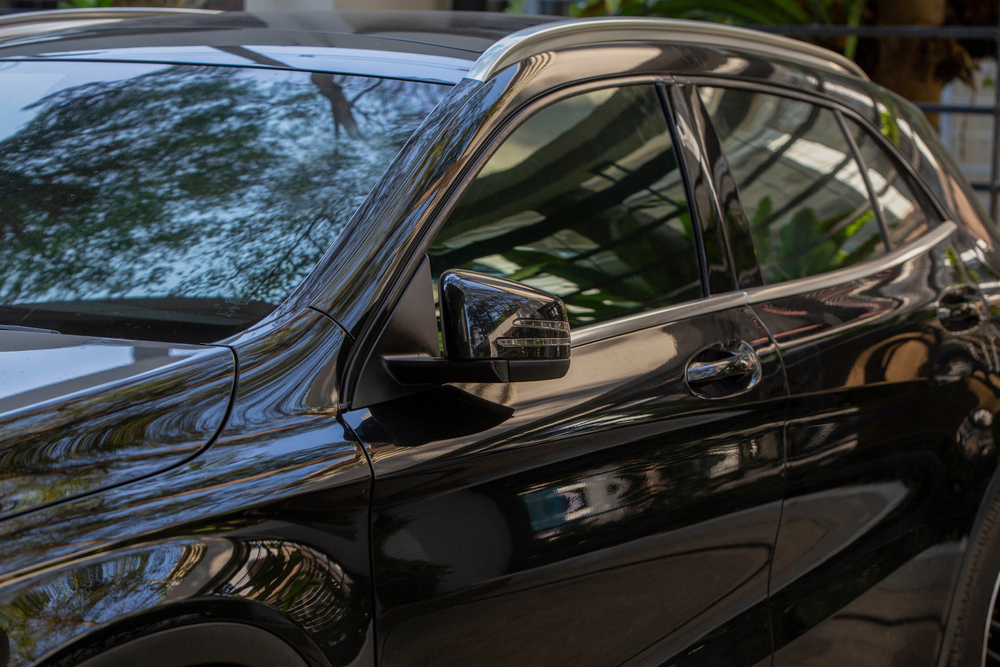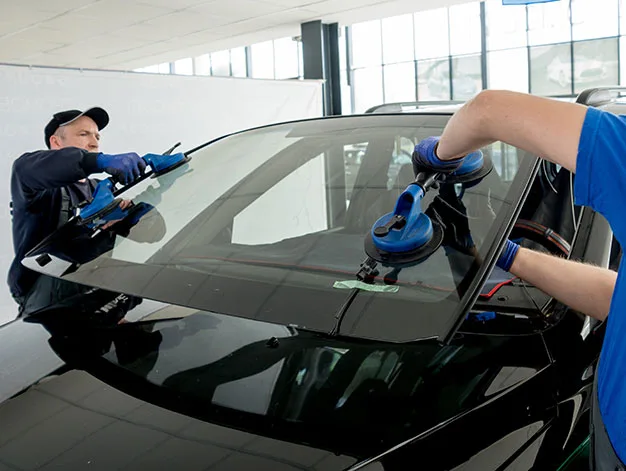The Comprehensive Guide to the Pros and Cons of Tinted Auto Glass
Thinking of tinting your car windows? Consider these pros and cons:
- Pros: Privacy, UV protection, cooler interior, style
- Cons: Reduced visibility, legal limits, potential signal issues
- Quality tint & installation are key for long-term benefits
Today, style and function blend seamlessly. Tinted auto glass is now popular with vehicle owners. This guide is comprehensive. It aims to explore the many sides of tinted auto glass. It will help you understand its benefits and limits. These pros and cons are crucial for making an informed decision about your vehicle. They matter whether you're a car enthusiast or a casual driver.

Enhanced Privacy and Security
One of the primary advantages of tinted auto door glass is the enhanced privacy it offers. With darker windows, it becomes challenging for outsiders to peek into your vehicle. This feature is especially beneficial in urban areas where privacy can be a concern. Tinted windows can also deter thieves. They are less likely to break into a car if they can't see inside.
UV Ray Protection and Interior Preservation
Tinted windows play a significant role in blocking harmful UV rays. Prolonged exposure to these rays can cause the interior upholstery of your car to fade over time. Tinted glass protects you and your passengers from harmful sun exposure. It also preserves your vehicle's interior, thus maintaining its value.
Temperature Control and Comfort
Another key benefit of tinted auto glass is its ability to maintain a cooler interior. Tinted windows reduce the heat build-up in your car. This makes your driving experience more comfy, especially in warm climates. This can also lead to less air conditioning use. This will enhance fuel efficiency.
Enhanced Aesthetics
Tinted windows undeniably add an element of sophistication and sleekness to your vehicle. The right tint can enhance the overall appearance of your car, making it stand out in a crowd.
The Cons of Tinted Auto Glass
While tinted auto glass offers several benefits, it's essential to consider its drawbacks.
Reduced Visibility
One main problem is reduced visibility. This is especially true at night or in low light. This can pose a safety risk, as seeing pedestrians, cyclists, or other vehicles might be harder.
Legal Restrictions
It's crucial to be aware of the legal restrictions regarding window tinting in your area. Different regions have varying regulations about how dark your window tints can be. Non-compliance with these laws can lead to fines and legal issues.
Potential Signal Interference
Some tints can block signals. They can interfere with your GPS, phone, and radio. This is due to the metallic elements used in some tinting films.
Maintenance and Durability
Tinted windows require careful maintenance. Poor-quality tints can peel, bubble, or fade over time, necessitating door glass replacement and additional costs. Choosing high-quality tinting and professional installation can reduce these issues. But they come at a higher cost.
Conclusion
Tinted auto glass offers style, privacy, and protection. But, it comes with its own considerations. You must weigh these pros and cons carefully. You need to consider your needs and the legal requirements of your region. High-quality tinting is more expensive. But it provides the best mix of benefits and lasts the longest.
